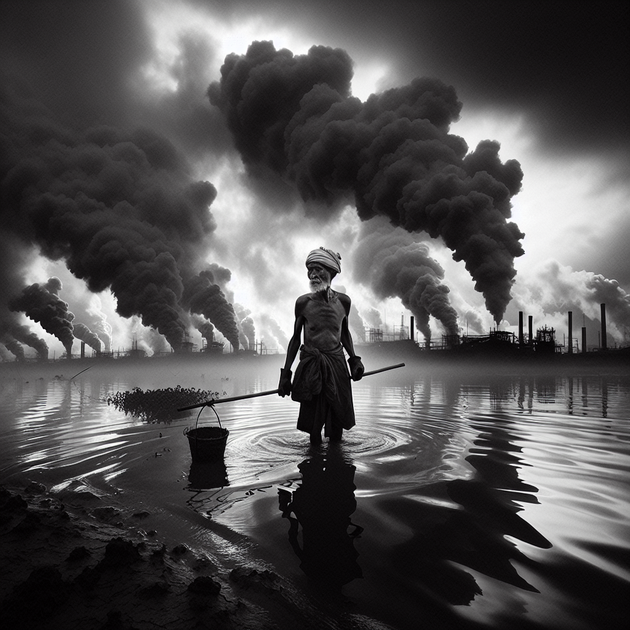Have you ever wondered what happens to people who dare to show the world what others want hidden? That’s exactly what happened to Lu Guang—a name that stands for both breathtaking imagery and fearless truth-telling in China’s photography world.
Who Is Lu Guang? The Man Behind the Lens
Let’s start with the basics. Lu Guang is an internationally acclaimed Chinese photojournalist whose work has appeared everywhere from National Geographic to Time Magazine. What sets him apart isn’t just technical skill—it’s his unwavering focus on subjects few others would dare to cover.
Lu Guang’s photos aren’t just pretty pictures. They document some of China’s most pressing social and environmental issues—think pollution-ravaged landscapes, AIDS-ridden villages, and communities left behind by rapid development. His lens doesn’t flinch from reality.
Sadly, after years of bringing these stories into the light, Lu disappeared in 2018 while attending a photography event in Xinjiang. Authorities later confirmed he’d been detained and sent to a re-education camp—a stark reminder of how risky telling hard truths can be in modern-day China.
Why Are Lu Guang Photos So Important?
You might ask—what makes these images so special? For starters, they’ve won international awards for good reason. But more than that, each photo is like an unfiltered window into corners of China many never see.
Here are a few reasons why people around the world pay attention to Lu Guang photos:
- Honest storytelling: No airbrushing or government spin—just raw reality.
- Courageous subjects: From sick villagers to exhausted factory workers.
- Environmental impact: Rivers turned black or entire towns smothered in smog.
- Human cost: Families torn apart by disease or industry.
- Banned at home: Many of these works are censored within China itself.
His best-known series include “Pollution in China,” which documents rivers choked with toxins and landscapes scarred by unchecked industry; “AIDS Villages,” which follows communities devastated by tainted blood donation schemes; and portraits of everyday workers living on society’s margins.
The Story Behind the Awards (And Risks)
Let me tell you a quick story that really sums up Lu’s journey. Back in 2004, he won his first World Press Photo Award for his documentation of HIV/AIDS victims in rural Henan province—a story largely ignored by official media at the time. He spent months living alongside villagers who’d contracted HIV through state-run blood programs gone horribly wrong.
The resulting images were heartbreaking but also quietly dignified. They showed not just suffering but resilience—families supporting each other even as official help failed them. That series brought international attention (and some aid) to their plight—but it also put a target on Lu’s back with authorities who preferred silence over scrutiny.
Despite this pressure—and perhaps because of it—Lu kept working on similar stories for years afterward.
The Legacy of Courageous Photojournalism
Even though we haven’t heard much from him since his detention, the legacy of those original “Lu Guang photos” lives on. They’re still used by activists worldwide and often shared online whenever conversations about press freedom or human rights heat up.
If you’re curious where you can see some of these images today (since exhibitions inside China are rare), Reddit threads like [this one](https://www.reddit.com/r/interestingasfuck/comments/1nxgkks/photos_from_award_winning_chineese/) regularly resurface his work for new audiences around the globe.
For anyone passionate about photography—or simply about truth—it’s hard not to be inspired by someone willing to risk everything just to show us what life is really like for those without power or voice.
A Final Thought
Looking through these hauntingly beautiful yet often heartbreaking photos makes you wonder—who else is out there risking it all so we can see what others try so hard to hide?
What other stories would we miss if photographers like Lu didn’t raise their cameras?

Leave a Reply